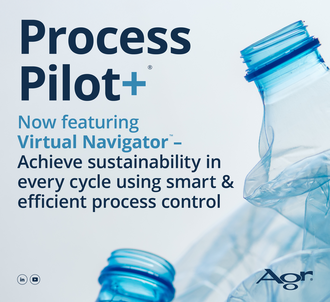The industry is currently in a “grey zone’ that relates to the outcome of voting on the EU’s draft Packaging and Packaging Waste Regulation (PPWR) according to Leonor Garcia of consultants E&Act. It would be fair to say, however, that this is the case for most pieces of legislation aimed at the PET and wider plastics industry in Europe.
The European Parliament and European Council reached provisional agreement on the regulation earlier this month although the text of that agreement has not been published.
The EU Commission, acting as mediator in the trilogue between the two co-legislators, has stalled its approval.
The three regulatory bodies involved in the trialogue for the regulation – the European Parliament, the European Commission, and the Council of the European Union – had different views and opinions when it came to topics such as recyclability of plastics, recycled content, restrictions on packaging formats and, particulalry, on reuse targets for 2030 and 2040, Garcia noted.
This point around reuse targets was emphasized by Delphine Close of soft drinks industry group UNESDA, and the chair of Petcore’s Reuse working group, presenting the different views of the three bodies around reuse targets. PETcore is the trade body representing PET value chains in Europe.
When looking at exemptions to the PPWR reuse targets, for example, the Commission has no real exemptions, the Council one exemption and the Parliament several.
But it is the timeframe that is of major concern for Close who pointed out that the three parties had little time to reach a decision on a regulation that will change the face of the European plastic packaging industry and its obligations to the circular economy.
“There were high expectations for clarity around the regulations by delegates of the conference but at a time when the legislators were still deep in discussions. Clearly industry needs to prepare for the regulations and how it will impact their business but are unable to do so while answers on so many points are still outstanding.” said Helen McGeough, Senior Analyst, Plastics Recycling at ICIS.
“To mirror comments made by participants in the event, regulation around recycled plastics is building at a rate which challenges the value chain to keep pace with. Clarity can only support the value chain in delivering on those requirements.






